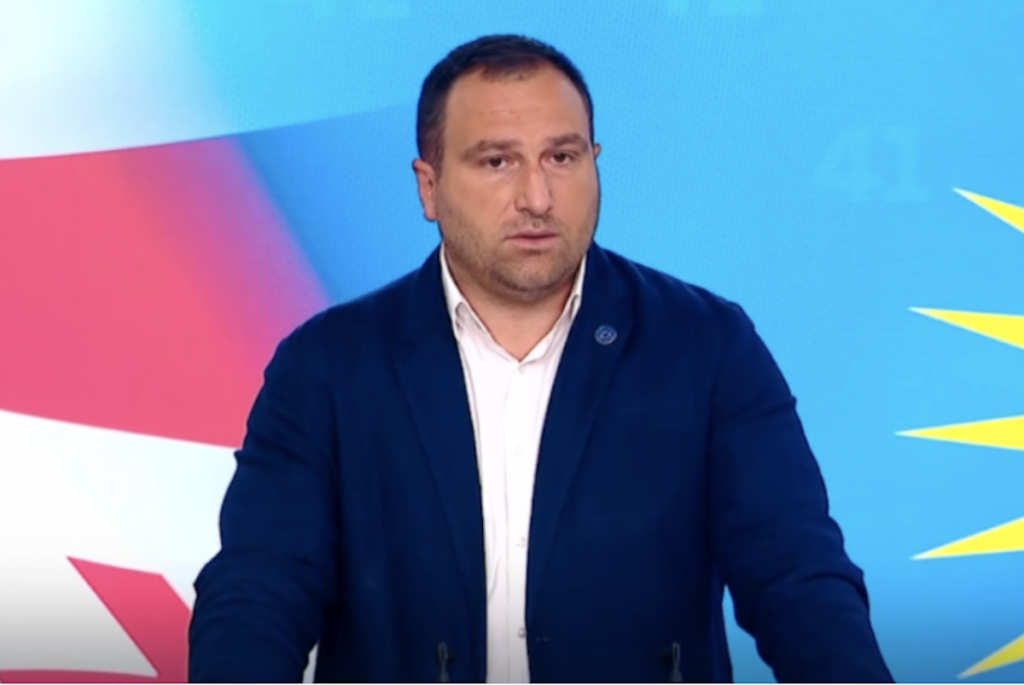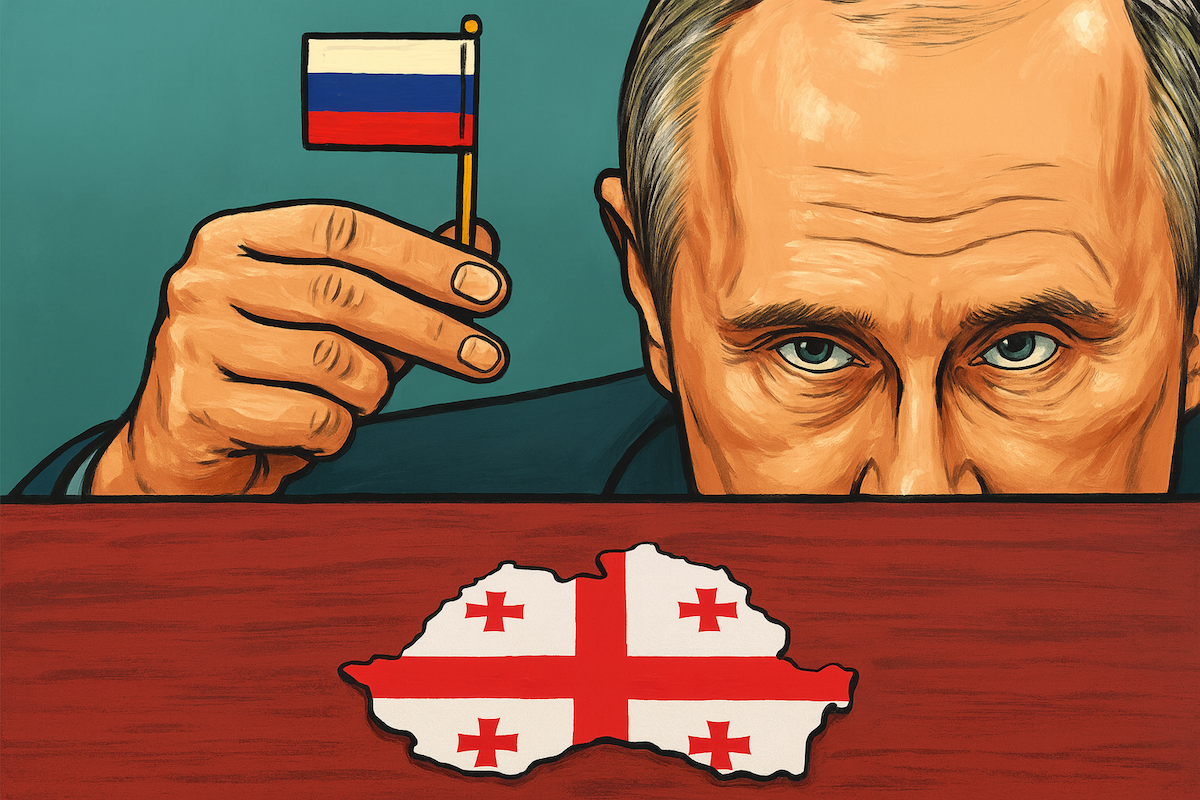Georgian government on European ambassadors: ‘They crossed all boundaries, but…'
‘Georgian Dream’ on European ambassadors
Irakli Kirtkhalia, leader of the parliamentary majority from the ruling Georgian Dream party, said during a briefing that the actions of several accredited ambassadors in Georgia had “crossed all diplomatic boundaries” and showed clear signs of interference in the country’s internal affairs.
According to Kirtkhalia, public calls for the expulsion of certain ambassadors would be counterproductive “as long as the appointment of envoys is decided by the European bureaucracy controlled by the Deep State.”
In recent months, representatives of Georgian Dream have frequently accused EU and other partner-country ambassadors of “supporting violence and extremism.”
On 24 September, the Georgian Foreign Ministry summoned German Ambassador Peter Fischer for talks, followed by British Ambassador Gareth Ward the next day.
What Irakli Kirtskhalia said

“Both the Georgian and international community can see that we continue professional relations with these ambassadors, countries, organisations and institutions, and that we are not taking the decisive steps demanded by the majority of our population. Of course, our policy is based on a specific plan.
We have repeatedly stated that the influence of the Deep State is clearly felt within the EU structures today, and many Eurocrats work for them. Accordingly, when we see how complex Europe has become, how strong the influence of the Deep State is, and how many EU countries and structures have found themselves in a difficult situation, the behaviour of certain ambassadors should not surprise us.
The EU bureaucracy consists of representatives of the same countries whose ambassadors act so rudely and undiplomatically in Georgia. Considering all this, it is clear that the Georgian people’s demand to expel certain ambassadors would be counterproductive as long as the EU bureaucracy, controlled by the Deep State, decides on ambassadorial appointments.
It should also be noted that our state has spent years building and developing relations with these countries, so we will not allow the EU bureaucracy, led by the Deep State, to damage the results achieved because of the undiplomatic actions of ambassadors.
It is obvious that the expulsion of an ambassador of a particular country would trigger a series of diplomatic steps that would negatively affect relations between Georgia and those countries.
Therefore, since the influence of the Deep State in Europe will eventually weaken — the signs of which are gradually emerging in several countries and among their populations — we remain in a mode of one-sided friendship, because we believe that the current situation is temporary. Under no circumstances should we allow the statements and actions of ambassadors or Eurocrats to harm our partnership and friendly relations with the European Union and European countries.
We will remain in a mode of one-sided friendship until Europe frees itself from the influence of the Deep State. At the same time, we will do everything possible to prevent the spread of this influence to Georgia, because we already know the consequences it brings for our country and our people.
We believe that with this attitude, we will achieve results.”
On the eve of the vote, European Commissioners Kaja Kallas and Marta Kos issued a joint statement following Georgia’s municipal elections, saying they took place amid a widespread crackdown on dissent.
“The Georgian authorities’ delay in inviting international observers — in particular, the OSCE/ODIHR — undermined the transparency of the electoral process and prevented credible and substantive international monitoring.
Domestic organisations also refrained from observing the elections due to the repressive environment.
Many people have continued to protest against the ruling Georgian Dream party’s repressive policies. We call for the release of all those arbitrarily detained,” the Commissioners said in their statement.
‘Georgian Dream’ on European ambassadors




















